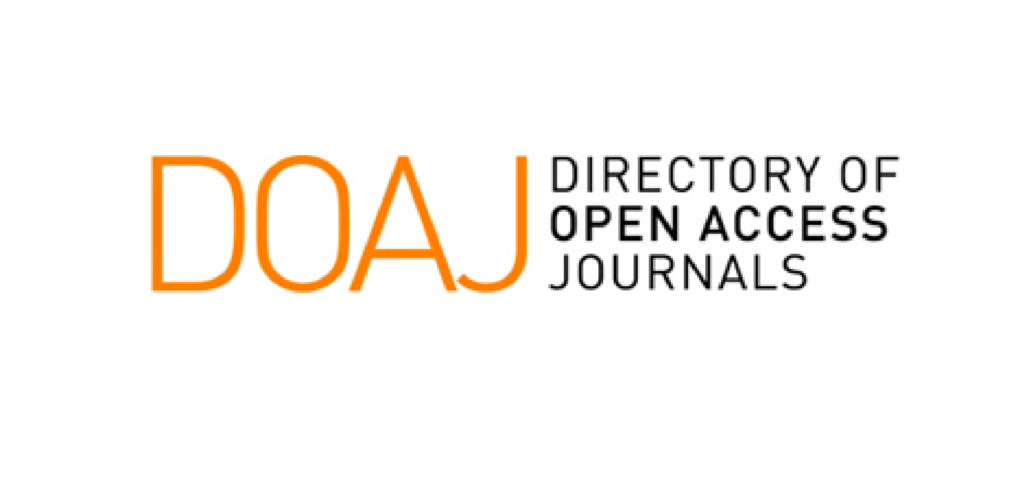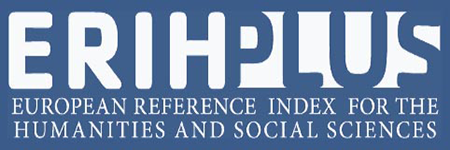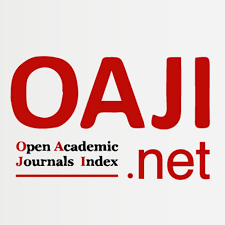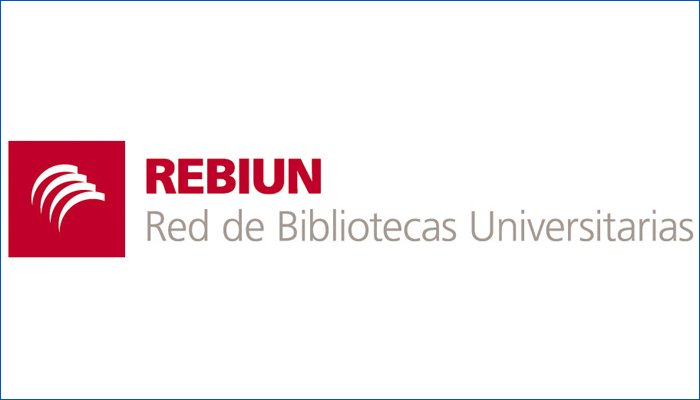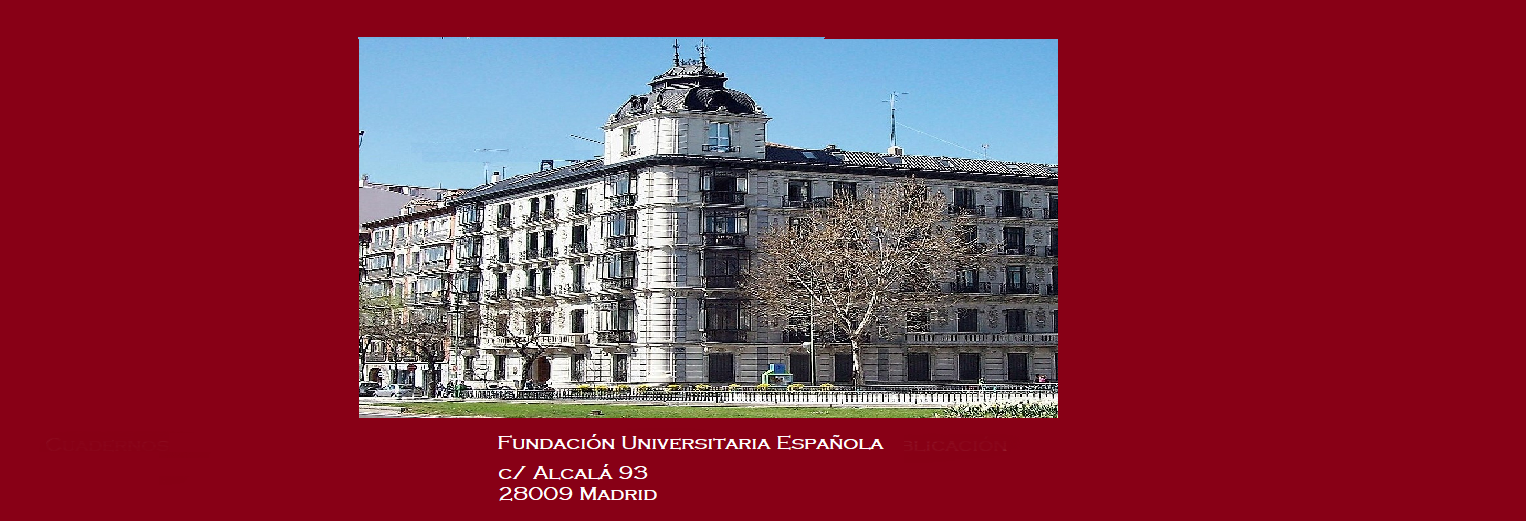A Huge Page Proof. Interdiscursive Links in Roger Wolfe’s Early Poetry
DOI:
https://doi.org/10.51743/cilh.vi47.239Keywords:
Roger Wolfe, Spanish poetry, Interdiscursivity, IntermedialityAbstract
Roger Wolfe’s poetry, traditionally and reductively associated to Spanish «realismo sucio», has always made the reappropriation of foreign materials a founding operation of his poetic praxis. This article proposes to revise that other matrix of meanings reinterpreted by the English-Spanish poet in a corpus taken from three of his first books published between 1992 and 1994 (Días perdidos en los transportes públicos, Hablando de pintura con un ciego and Arde Babilonia). For such analysis we will appeal to the «interdiscursivity» and «intermediality».
Downloads
Global Statistics ℹ️
|
317
Views
|
303
Downloads
|
|
620
Total
|
|
References
ALBALADEJO, Tomás (2005): «Retórica, comunicación, interdiscursividad», Revista de investigación lingüística, 3: 7-33.
BARTHES, Roland (1984): «De la obra al texto», en El susurro del lenguaje. Más allá de la palabra y la escritura, Barcelona, Paidós.
BARTHES, Roland (1984): «La muerte del autor», El susurro del lenguaje. Más allá de la palabra y la escritura, Barcelona, Paidós.
FERRARI, Marta (ed.) (2007): De la letra a la imagen. Narrativas posfranquistas en sus versiones fílmicas, Mar del Plata, Editorial de la Universidad Nacional de Mar del Plata (EUDEM).
GENETTE, Gerard (1989): Palimpsestos. La literatura en segundo grado, Madrid, Taurus.
GIL GONZÁLEZ, Antonio y PARDO, Pedro (2018): «Intermedialidad. Modelo para armar», en Adaptación 2.0. Estudios comparados sobre intermedialidad, ed. A. Gil González y P. Pardo P. (Binges, Orbis Tertius), 11-38. DOI: https://doi.org/10.12795/Comunicacion.2018.i16.08
LÓPEZ MERINO, Juan Miguel (2006): Roger Wolfe y el neorrealismo español del siglo XX, Zaragoza, Pórtico.
LÓPEZ MERINO, Juan Miguel (2005): «Sobre la presencia de Roger Wolfe en la poesía española (1990-2000) y revisión del marbete “realismo sucio”», Espéculo. Revista de estudios literarios, Madrid, Universidad Complutense de Madrid, http://www.ucm.es/info/especulo/numero31/rogwolfe.html [08-09-2021].
LOTMAN, Iuri (1996): La semiosfera. Semiótica de la cultura y el texto, Madrid, Cátedra.
LOTMAN, Iuri (1982): La estructura del texto artístico, Madrid, Ediciones Istmo.
MARTÍNEZ FERNÁNDEZ, José Enrique (2001): La intertextualidad literaria, Madrid, Cátedra.
MIRAUX, Jean-Philippe. (2005): La autobiografía: Las escrituras del yo, Buenos Aires, Nueva Visión.
OLEZA, Joan (1996): «Un realismo posmoderno», Ínsula, 589-590: 39-42.
SCARANO, Laura (2000): «La otra posmodernidad (Reflexiones sobre España desde Argentina)», CELEHIS-Revista del Centro de Letras Hispanoamericanas, 12: 257-281.
SEGRE, Cesare (1985): Principios de análisis del texto literario, Barcelona, Editorial Crítica.
SEOANE Rivera, José (2018): «Breve diccionario intermedial.», en Adaptación 2.0. Estudios comparados sobre intermedialidad, ed. A. Gil González y P. Pardo P. (Binges, Orbis Tertius), 279-299.
WOLFE, Roger (2018): Todos los monos del mundo, Sevilla, Editorial Renacimiento.
WOLFE, Roger (2015): «Roger Wolfe: Cuando el alma grita», Entrevistado por Juanjo Ordás, Efe Eme. Diario de actualidad de música, https://www.efeeme.com/roger-wolfe-cuando-el-alma-grita/ [08-09-2021].
WOLFE, Roger (2009): Tiempos muertos, Barcelona, HUACANAMO.
WOLFE, Roger (2008): Noches de blanco papel (Poesía 1986-2001), Barcelona, HUACANAMO.
Downloads
Published
How to Cite
Issue
Section
License
The Fundación Universitaria publishing house preserves the copyright of the published works, and favours and allows their reuse, preferably allowing access to the text through DOI, provided that the autorship and the original source are cited and that it is not used for commercial purposes. The signing authors partially transfer the property rights of this work to Fundación Universitaria Española (NIF: G28433670) for the printed and online editions.











